Mobile phone navigation systems are notoriously irritating – taking you on a long-winded route, down a back alley or refusing to tell you where you are and which direction you should be facing.
But misleading women who are looking for abortion care? That’s on another level.
Google maps has reportedly been showing results for anti-abortion centres in the US when people search for places to get abortions in the local area, according to reporting by Gizmodo.
Imagine typing ‘Where can I get an abortion near me?’ into Google maps, and being directed to a ‘crisis pregnancy centre’ – a place that doesn’t provide abortions or any medical care, but instead encourages women not to terminate pregnancies.
A new report into this search function by Gizmodo found that in up to 20 places in the US, these crisis centres were being promoted in Google searches well above abortion clinics.
Both crisis pregnancy centres, or CPCs for short, and abortion clinics use words such as ‘women’s care’ so it can be hard to tell them apart.
READ MORE: The Debrief Investigates: The Contraceptive Pill And Mental Health
Debrief Mad About The Pill Stats
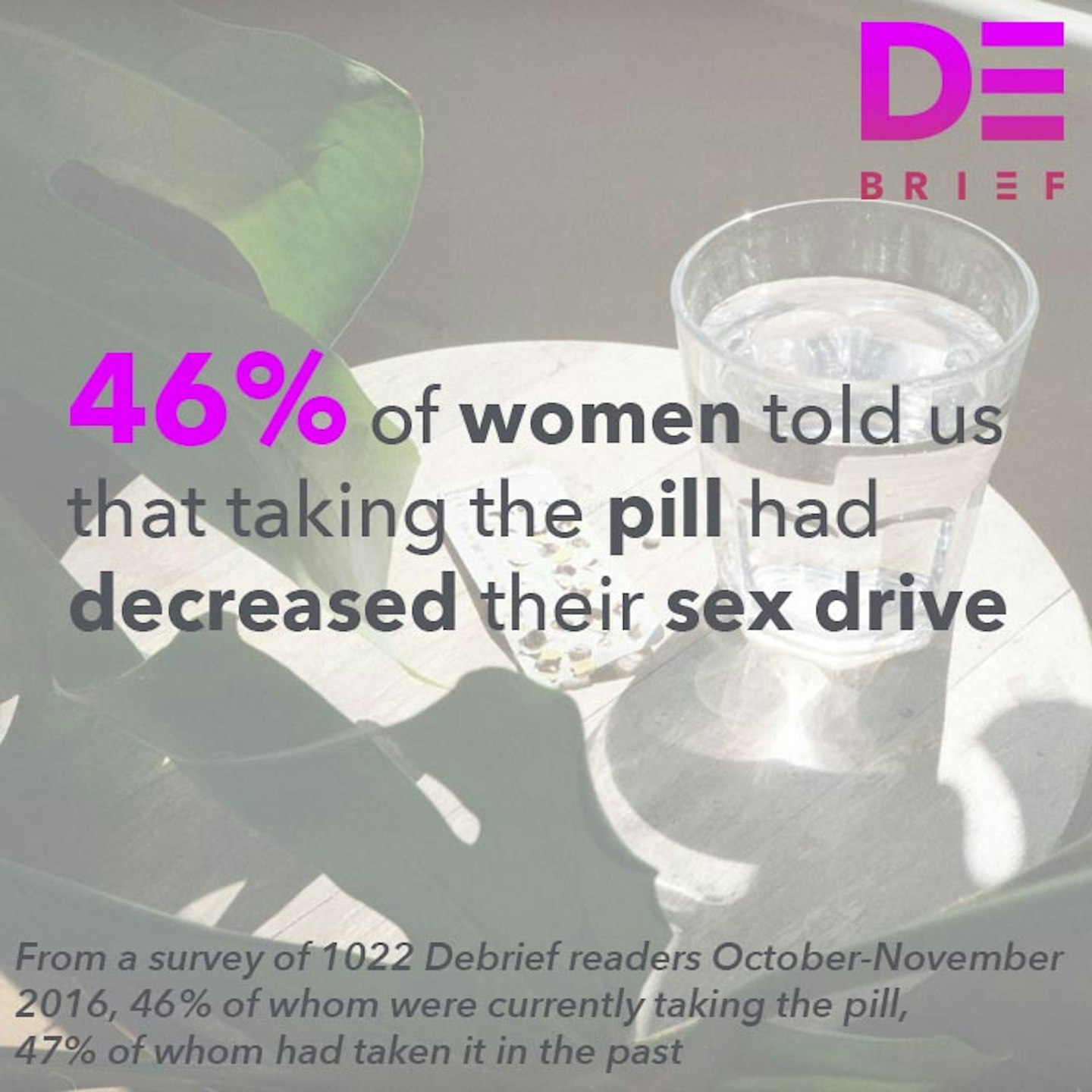 1 of 9
1 of 9Debrief Mad About The Pill Stats
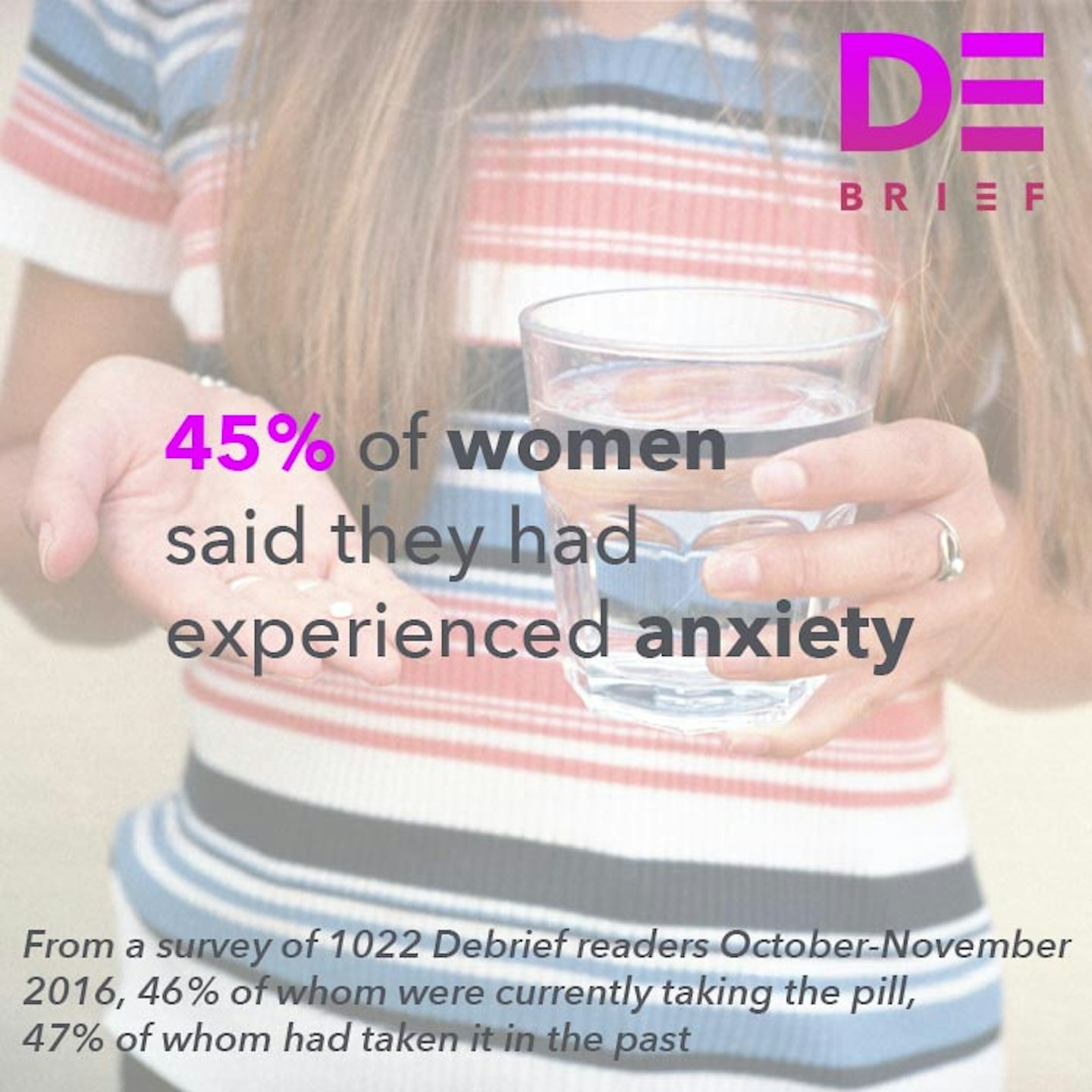 2 of 9
2 of 9Debrief Mad About The Pill Stats
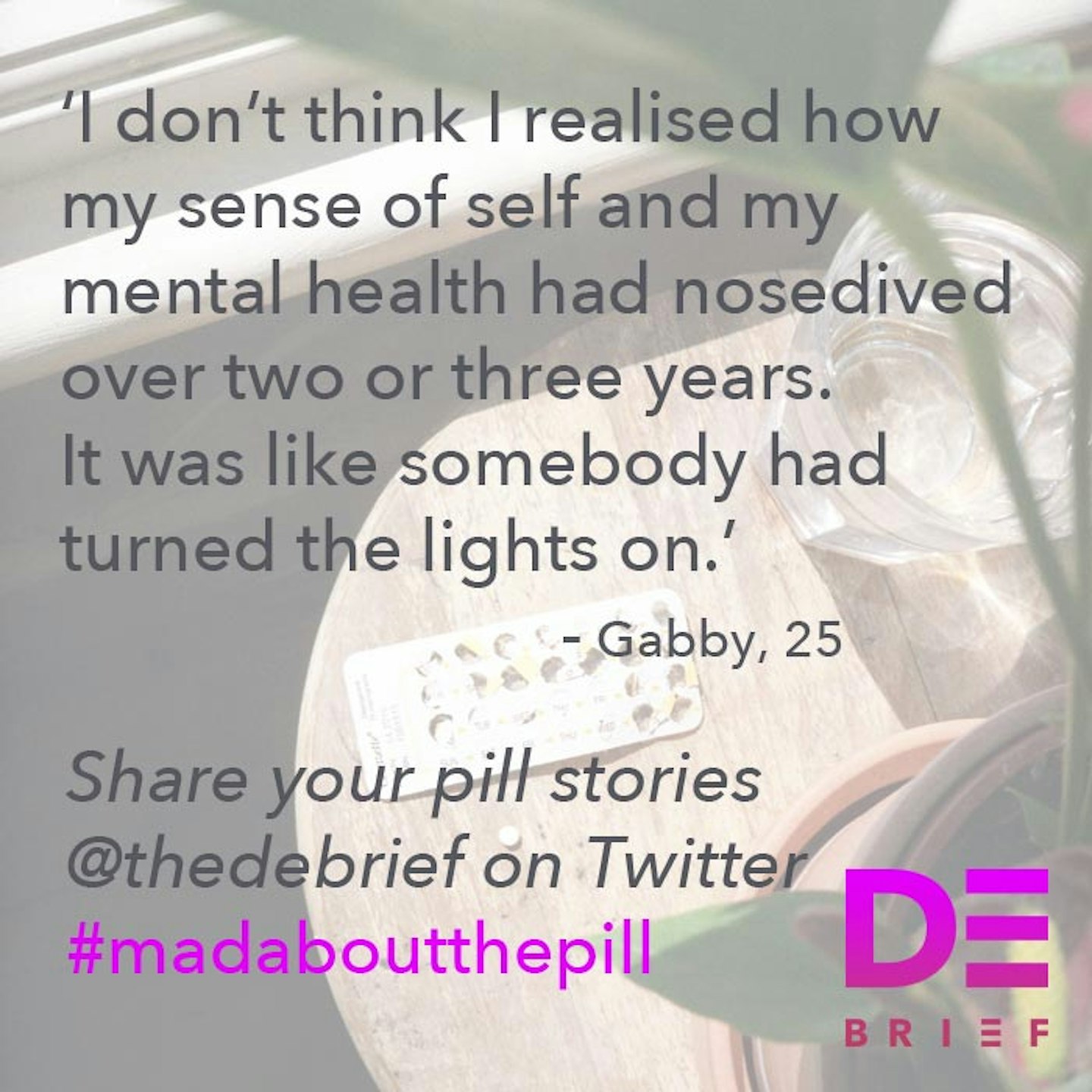 3 of 9
3 of 9Debrief Mad About The Pill Stats
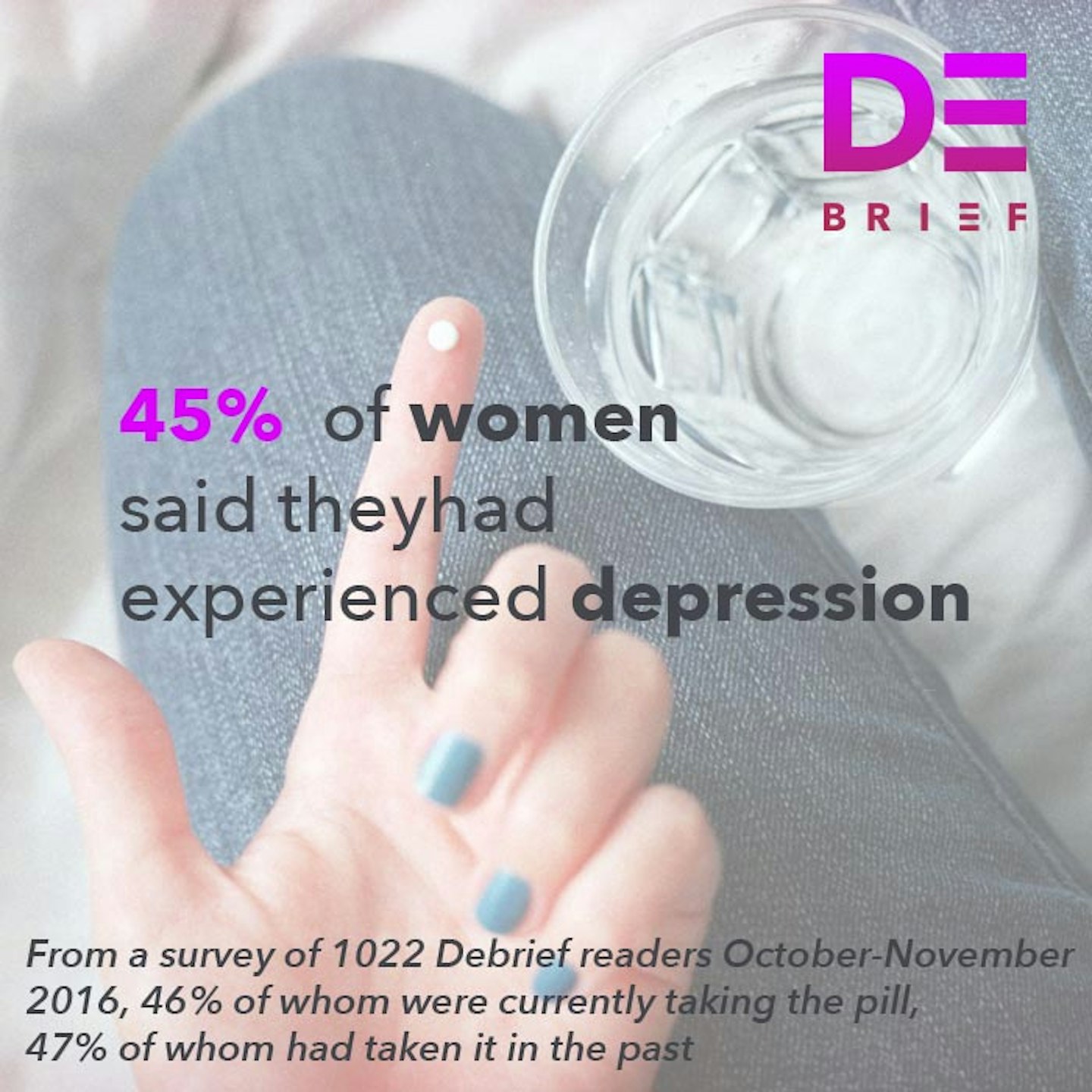 4 of 9
4 of 9Debrief Mad About The Pill Stats
 5 of 9
5 of 9Debrief Mad About The Pill Stats
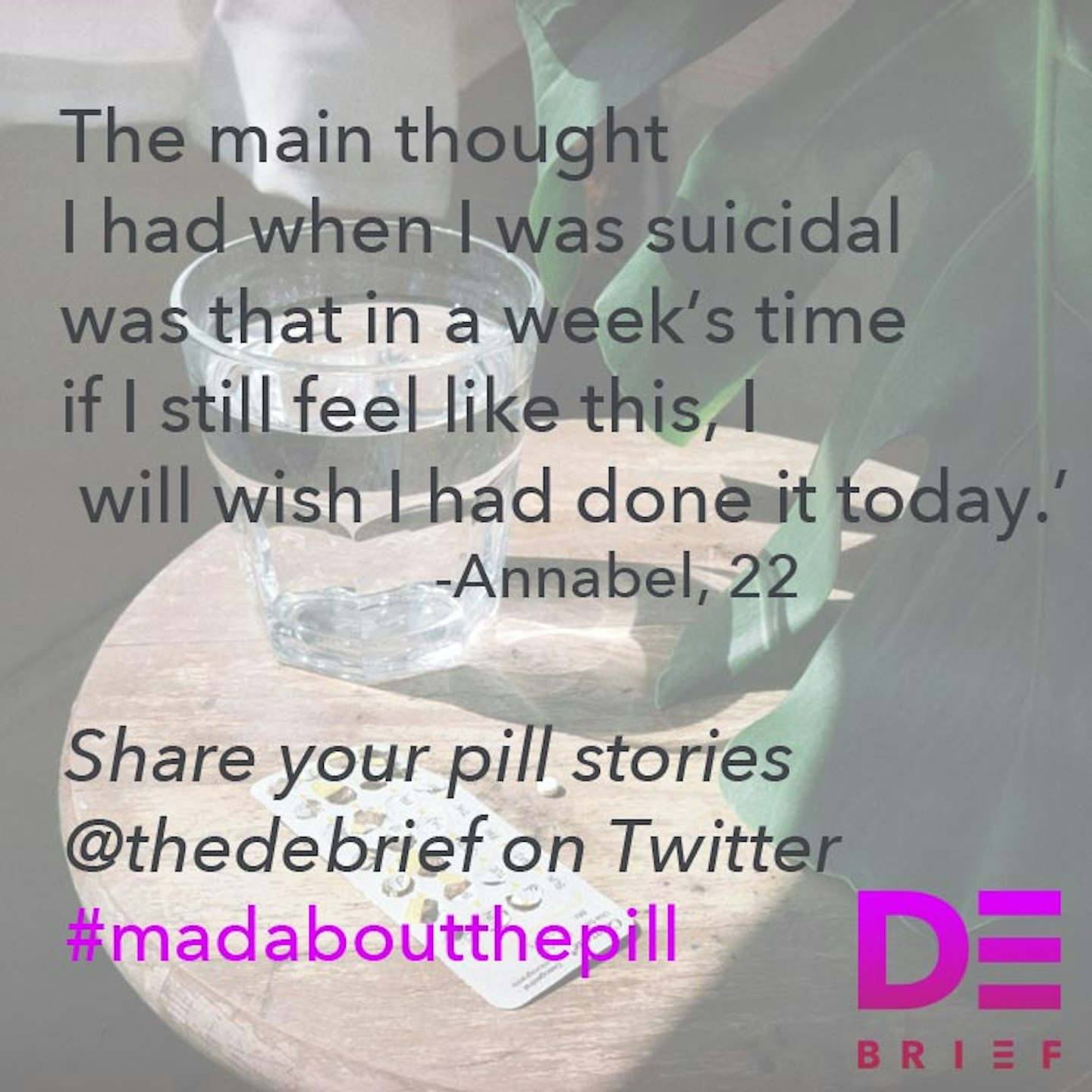 6 of 9
6 of 9Debrief Mad About The Pill Stats
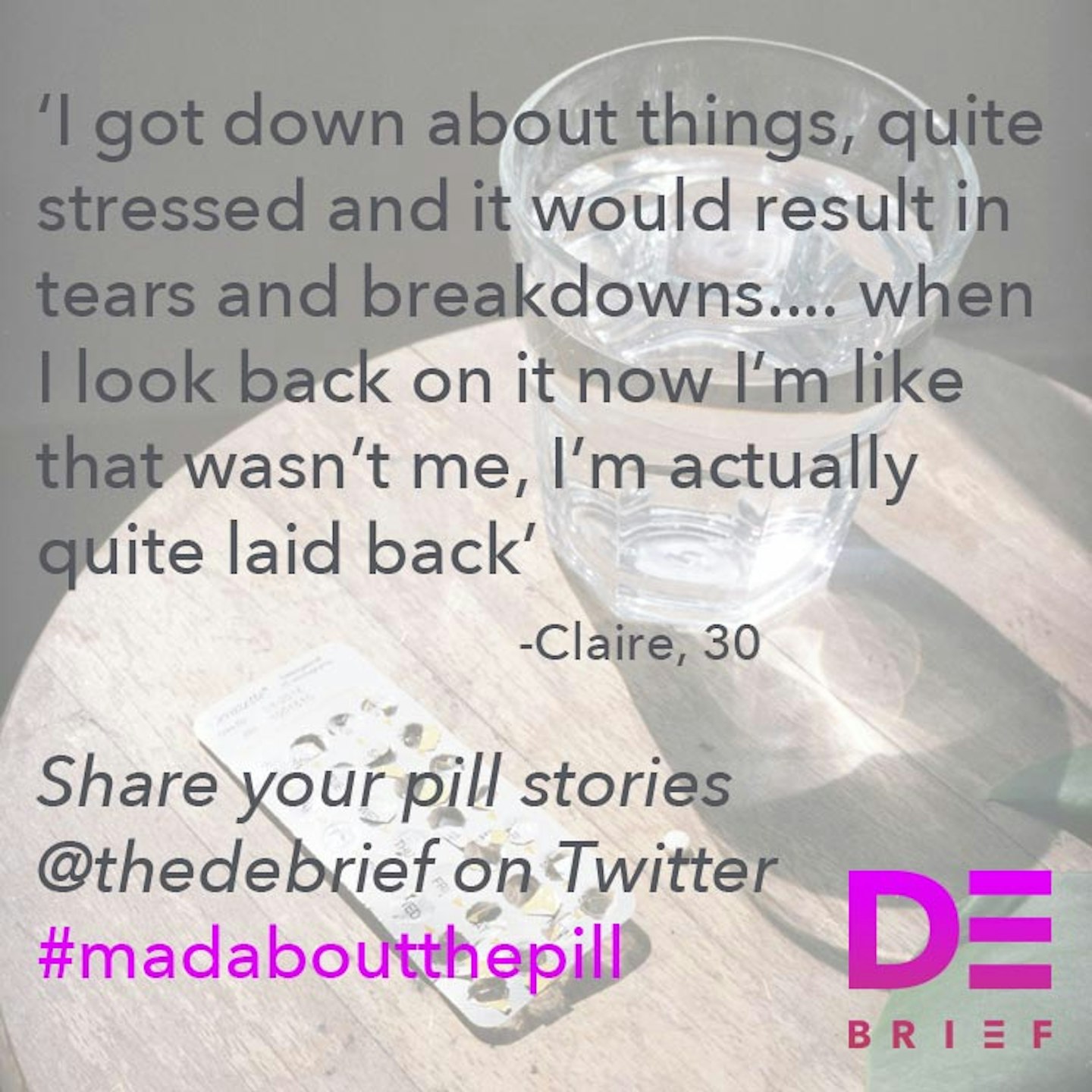 7 of 9
7 of 9Debrief Mad About The Pill Stats
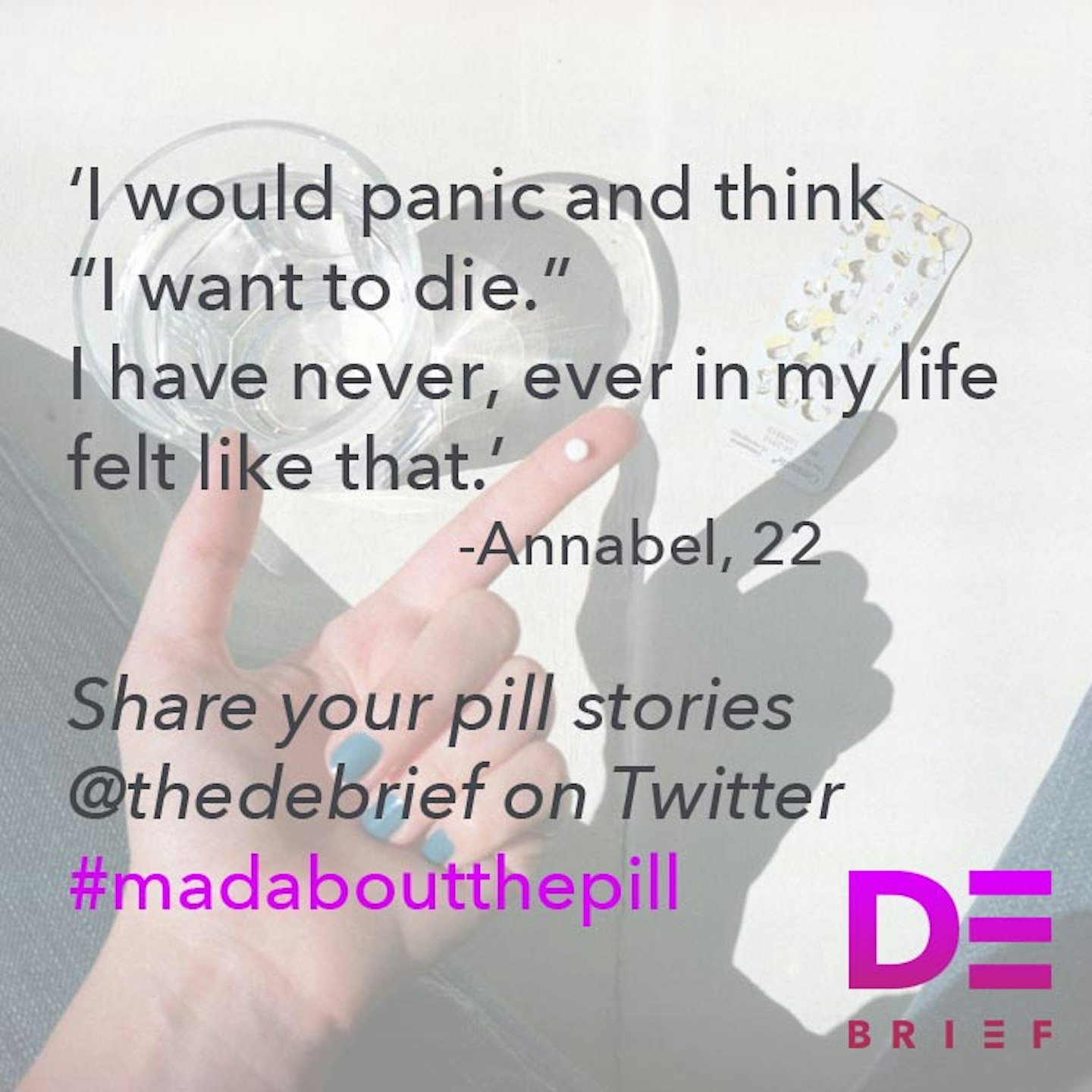 8 of 9
8 of 9Debrief Mad About The Pill Stats
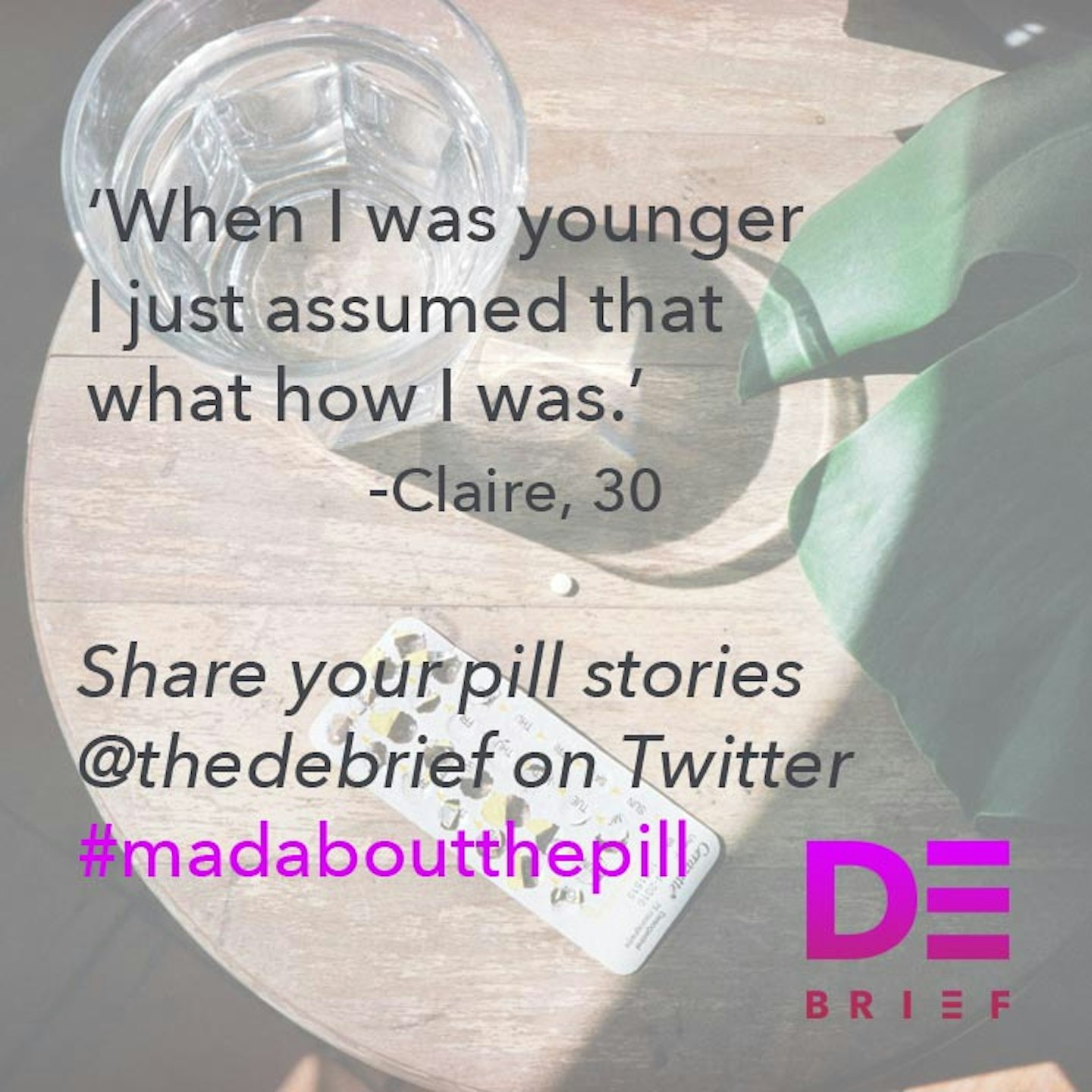 9 of 9
9 of 9Debrief Mad About The Pill Stats
When Gizmodo put Google maps to the test, they found that of the top five results for ‘Where can I get an abortion near me?’ only one was an abortion centre, the other four were CPCs that don’t offer abortions.
As a result of poor regulation by Google, and that fact that anyone and everyone can add listings on Google maps, people do not get what they search for when looking for abortions.
It’s worrying when such a powerful and widely used tool is skewing results for some searches – we do not want to be controlled or influenced by our search engines.
‘It’s definitely a problem that [Google] should be aware of and address,’ Molly Duane, staff attorney with the Center for Reproductive Rights told The Guardian. ‘The internet should be a place where you can get full information, not where women are deliberately deceived about their options.’
Google has responded to the claims, saying they are ‘looking into it.’
‘We’re looking into the issues flagged,’ the Google spokesperson Liz Davidoff said. ‘We strive for business results that are relevant, accurate and help users find what they’re looking for.’
WATCH NOW: The Debrief Investigates: The Contraceptive Pill And Mental Health
This article originally appeared on The Debrief.
